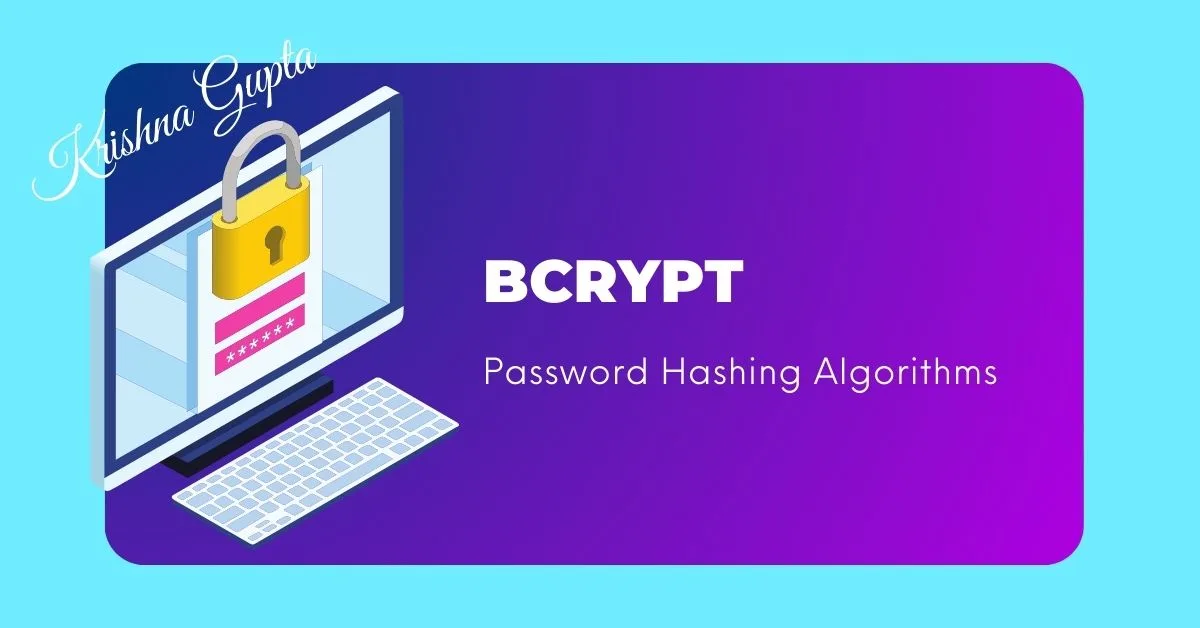Bcrypt: Guardian of Your Passwords
In today’s digital world, passwords are our first line of defence. But with data breaches on the rise, even the most robust passwords can be vulnerable. Enter Bcrypt, a powerful password-hashing function that acts as a shield for your secret keys.
What is Bcrypt?
Bcrypt is a cryptographic algorithm explicitly designed for password hashing. It transforms your plain text password into a unique, random string called a “hash.” This hash is stored instead of the actual password, making it incredibly difficult for attackers to crack even if they steal the database.
Why use Bcrypt?
Here’s why Bcrypt is a popular choice for password security:
- Adaptive: Bcrypt uses a variable cost factor, allowing you to adjust the computational complexity of the hashing process. As technology advances, you can increase the cost factor to maintain resistance against brute-force attacks.
- Salt-based: Bcrypt incorporates a random salt along with your password during hashing. This prevents attackers from using pre-computed rainbow tables and lists of pre-hashed passwords for common dictionary words.
- Memory-hard: Bcrypt is designed to be memory-intensive, making it slower for attackers to perform large-scale cracking attempts.
- Widely implemented: Bcrypt has a robust library of implementations in various programming languages, making it easy to integrate into your applications.
Disadvantages of Bcrypt:
While Bcrypt is a robust hashing algorithm, it’s not without its drawbacks:
- Resource-intensive: The adaptive cost factor can make Bcrypt computationally expensive, especially on older hardware.
- Vulnerable to side-channel attacks: Advanced attackers might exploit side-channel vulnerabilities like timing leaks to gain information about the password.
- Not perfect: No security measure is foolproof, and even Bcrypt can be vulnerable to sophisticated attacks.
Where is Bcrypt used?
Bcrypt is commonly used in various applications that require secure password storage, including:
- Web applications
- Operating systems
- Password managers
- Cryptocurrency wallets

Alternatives to Bcrypt:
While Bcrypt is a highly recommended algorithm, other options exist:
- Argon2: Similar to Bcrypt, Argon2 is a memory-hard password hashing function with additional security features.
- scrypt: Another memory-hard function with a high computational cost, offering good resistance to brute-force attacks.
- PBKDF2 is a more traditional hashing algorithm still considered secure for specific use cases.
Conclusion:
Bcrypt remains a valuable tool in the cybersecurity arsenal, protecting your passwords from unauthorised access. Its adaptive nature, salt-based approach, and memory-hard design make it a reliable choice for secure password hashing. However, it’s crucial to understand its limitations and consider alternatives based on your needs and security requirements. For optimal security, strong passwords and multi-factor authentication are essential to any password hashing algorithm.